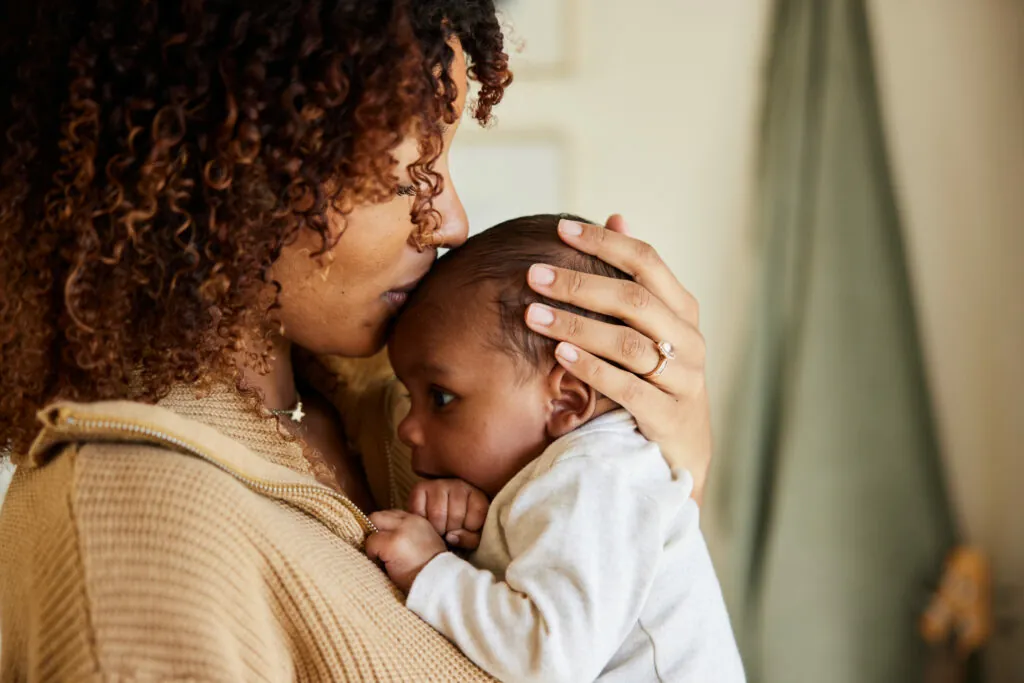Five X More, a charity focusing on black maternal health, hosted their sixth annual Black Maternal Health Awareness Week from 28 April – 4 May.
Five X More aims to bring attention to the inequalities black women face in maternal health care, so named due to the previous statistics of black women being five times more likely to die during pregnancy. Fortunately, the name may no longer be wholly accurate, as figures have decreased since the charity’s inception. Nevertheless, black women are still 2.9 times more likely to die in these circumstances, according to a report published in 2024 by Mothers and Babies: Reducing Risk through Adults and Confidential Enquiries (MBRRACE).
Current status:
Each year, MBRRACE produces a report documenting the deaths of women and babies who die during pregnancy or shortly after. Their report published in 2024 investigated maternal deaths between 2020 and 2022 within the categories of: black women; Asian women; most deprived areas; women aged 35 and above; overweight or obese women; and those with multiple disadvantages.
The report demonstrated an almost three-fold difference in maternal deaths between black women and white women. While deaths amongst black women during pregnancy and soon after have decreased between 2019 and 2021, the disparity remains significant and the MBRRACE report published in 2024 suggests that the change may in fact be due to an overall increase in mortality rates in white women.
Five X More’s 2022 ‘Black Maternity Experiences Report’ indicated that black women were four times more likely to die during pregnancy, labour or postpartum and were also twice as likely to have stillborn babies or babies that die soon after birth. The report also found that 43% of women felt discriminated against during maternal care, with 51% of these being race based.
Attempts at change
Various initiatives have been put in place to address these issues. 2022 saw the introduction of the Maternity Disparities Taskforce with aims to confront the evident disparities. The taskforce has several preliminary goals such as reducing smoking, drinking and drug use rates, improving education and pre-conception awareness, and developing interventions for those who are most vulnerable.
In 2024, the National Institute for Health and Care Research (NIHR) planned to invest £50 million to tackle maternal inequalities. A new association was established which would unite various experts and researchers to identify areas where improvements can be made.
An ongoing initiative can be seen in the NHS Race and Health Observatory’s Learning and Actions Network (LAN). In collaboration with the Institute for Healthcare Improvement, this LAN promises to address the racial disparities evident in maternal, neonatal and perinatal morbidity. The plan is in its initial phases, with nine NHS Trusts and Integrated Care Systems participating, and will end in June 2025.
Smaller scale but nonetheless meaningful and important actions can be seen. Guy’s and St Thomas’ Hospital, in partnership with Five X More, have launched Colourful Birth Wallets for pregnant black women to bring to appointments. The scheme has numerous recommendations, such as: speak up, seek a second opinion and trust your gut feeling, all aiming to empower.
Impact
The efficacy of the work carried out by the Maternity Disparities Taskforce remains unclear. It has been noted, for example, that the taskforce only met twice in 2023, not the proposed bi-monthly sessions.
The work of charities such as Five X More cannot be overstated. They have helped raise public awareness of a longstanding problem and are helping to drive change within the medical profession. Nevertheless, urgent work is needed to ensure that rapid and far-reaching improvements are made.
Find out more about the work Five X More are doing here.
This article was written by Carina Rubino, paralegal in the Medical Negligence and Personal Injury team.
Find out more about our Medical Negligence services here.

